
A medical worker registers a patient at a community fever clinic in Shanghai on Sunday. Community fever clinics are being used to relieve pressure on major hospitals. (YIN LIQIN/CHINA NEWS SERVICE)
In article, ambassador to UK details progress seen in COVID-19 response
China has always put people and their lives first as it tries to keep COVID-19 under control, and its recent optimization of response measures is based on the scientific assessment of the pandemic situation.
That's one of the key messages sent from Zheng Zeguang, China's ambassador to the UK, in a signed article in The Guardian, one of the mainstream media outlets in the country. The article, published on Dec 30, is titled "In China, Here is What We Want the West to Know about Our COVID Response".
Over the past weeks, Beijing has become the first city to go through the infection peak, and life and work are returning to normal in the capital, wrote China's top envoy in the UK.
"The COVID-19 in China is generally stable and controllable, and people are making plans to work, study and travel."
That's why the Chinese government has announced that, starting from Jan 8, COVID-19 will be managed with measures against Class B instead of the more serious Class A infectious diseases in accordance with the law, Zheng wrote.
He introduced new cross-border travel rules in the article. For visitors to China, no COVID-19 test will be mandatory upon arrival and no centralized quarantine will be required if someone tests positive while in the country.
This is another adjustment to China's approach that represents "a shift of focus from stemming infections to preventing severe cases and further minimizing the impact of COVID-19 on economic and social activities".
"China's recent optimization and adjustment of response measures are based on the scientific assessment of virus mutations and the pandemic situation. Such optimization is also what the people are calling for," he wrote.
"Practices in many countries, including the UK, have shown that although the Omicron variant is highly transmissible, its virulence and pathogenicity are weakened. The majority of infected people can fully recover within a short period of time, and the rates of severe cases and mortality have been significantly reduced."
Scientific measures
Zheng said that with "effective, science-based and in line with China's national conditions "response policies, China has withstood the impact of five infection waves around the world, successfully avoided the widespread prevalence of the original strain and the Delta variant, and greatly reduced severe cases and mortality.
He detailed China's achievements in vaccine production and vaccination campaigns with statistics in the latter part of the article.
China's vaccine production capacity is 7 billion doses a year, covering inactivated vaccines, recombinant protein vaccines and adenovirus vector vaccines.
China has administered 3.4 billion doses of the vaccines, and 90 percent of people are fully vaccinated and 86 percent of those aged 60 and above are fully vaccinated. The booster shot is focused on strengthening the vaccination and health management of older people.
As the number of infections increases recently, some people have hoarded medicines as a precaution, resulting in some temporary shortages in certain locations.
"But generally speaking, supply is not an issue because of China's strong production capacity," the ambassador wrote.
As the COVID-19 situation in China continues to improve, the effects of policies to stabilize economic growth continue to emerge, and the exchange of Chinese and foreign personnel becomes easier, China's long-subdued consumer demand will be released, investor confidence will be boosted and the economy will rebound strongly, he wrote.
"This is good news for not just China but the entire global economy."








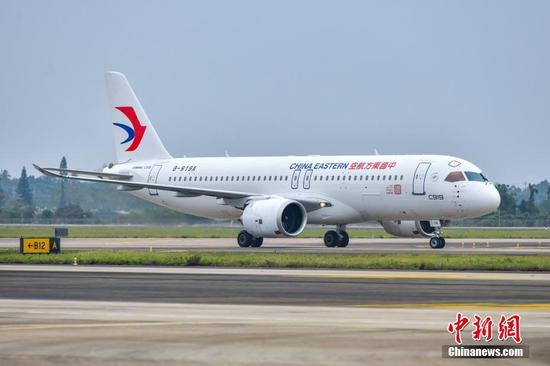




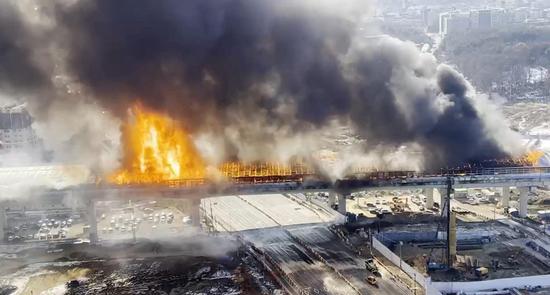
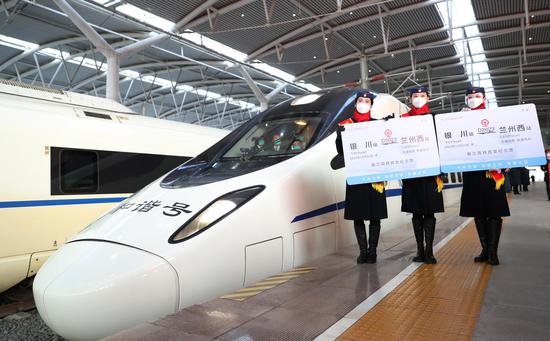



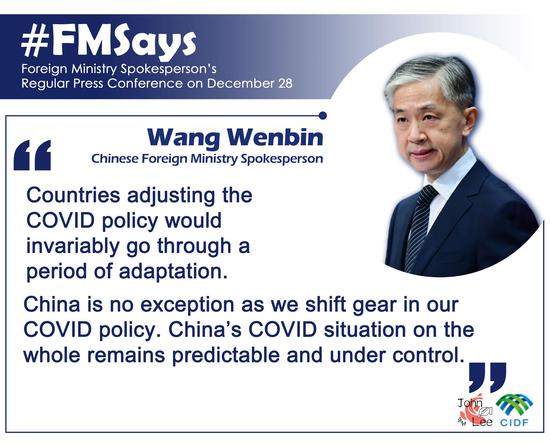
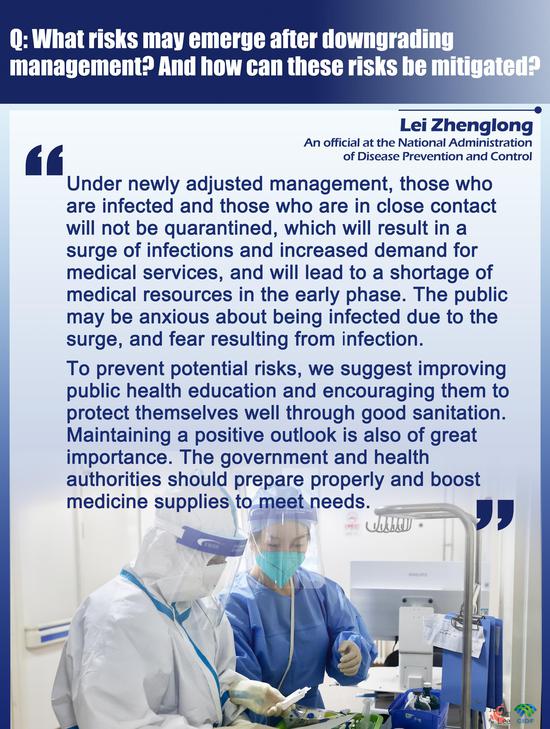


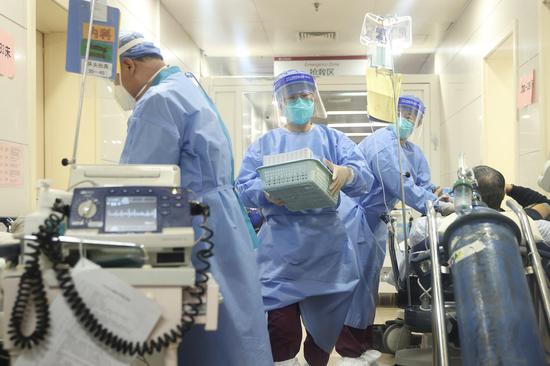


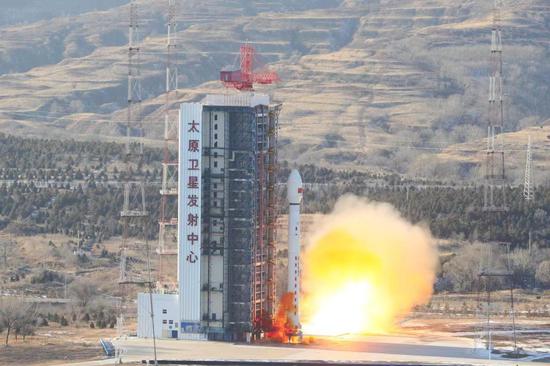

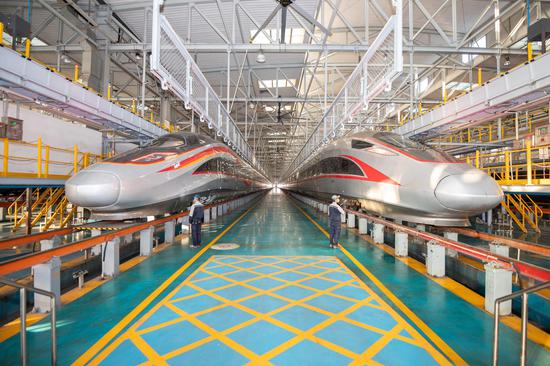
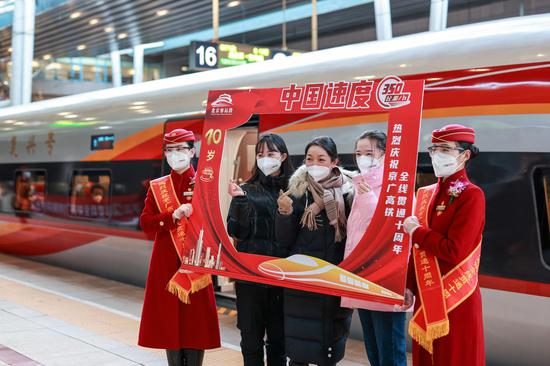
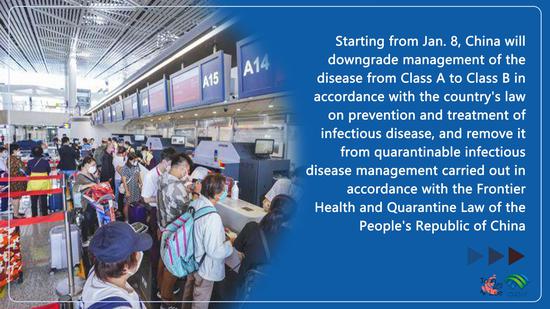
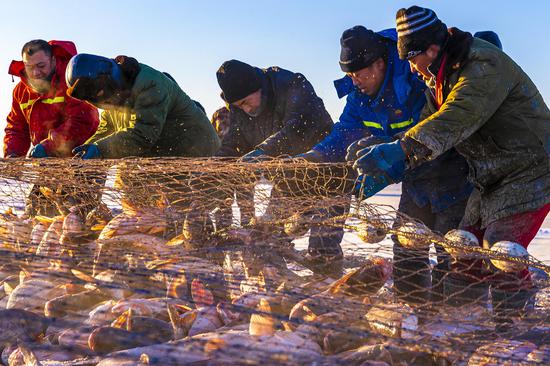

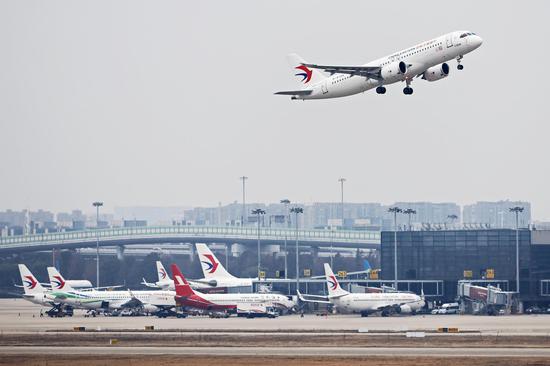


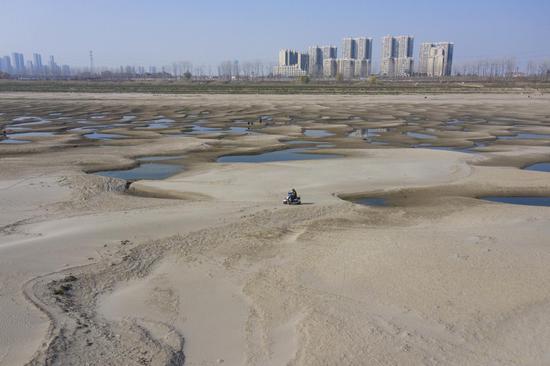



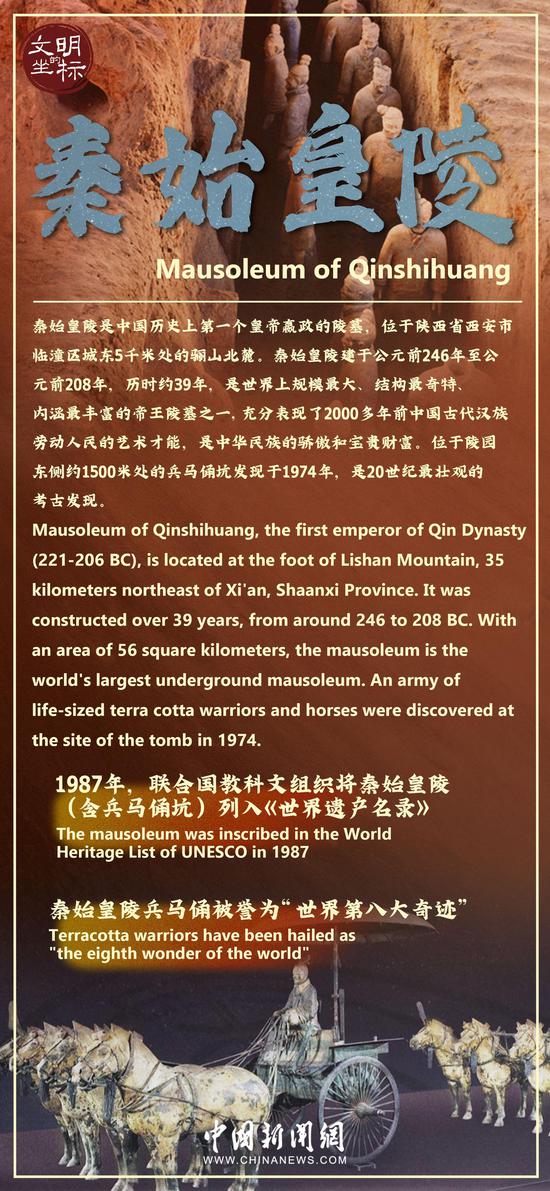
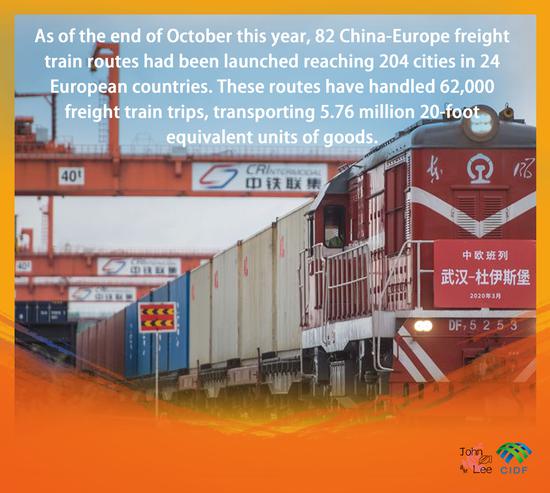
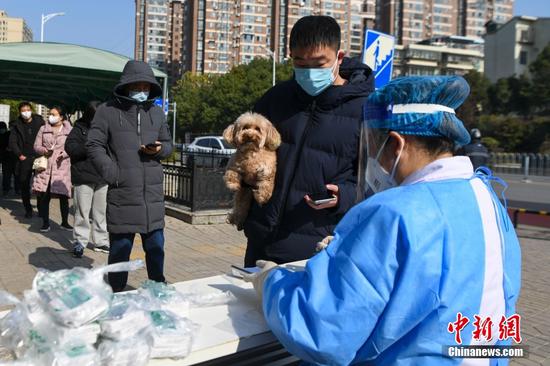

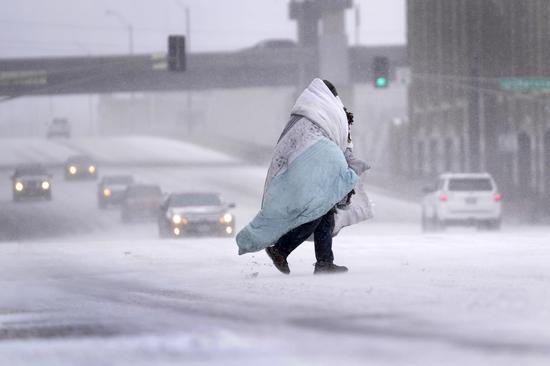
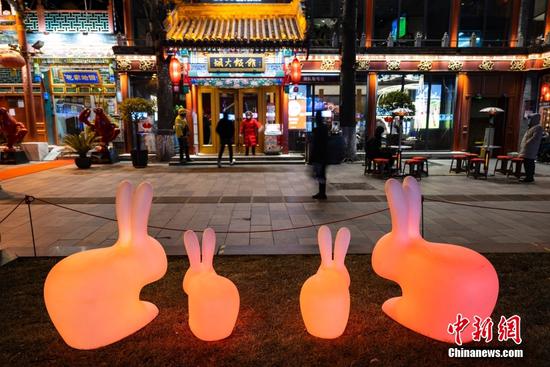





 京公网安备 11010202009201号
京公网安备 11010202009201号